Posted in Uncategorized
The wearable tech industry is heating up—and not just in sales. A legal clash is unfolding in the world of smart rings, where Oura, the Finnish pioneer of health-tracking jewelry, is locking horns with Ultrahuman and RingConn over alleged patent infringements. What began as a niche innovation has now turned into a high-stakes legal fight that could reshape the future of the smart wearable market. If you have questions about how this ruling may affect you and your patent, or have questions about other patent or trademark issues, our Michigan design patents lawyer is available to talk.
The Dispute
Earlier in 2025, the U.S. International Trade Commission (ITC) issued a key ruling in Oura’s favor. The ITC determined that both Ultrahuman and RingConn had infringed on Oura’s patented technology, covering aspects of ring design and health-tracking functionality. As a result, a U.S. import ban was placed on the competing rings, disrupting their market access almost overnight.
But the story didn’t end there. Ultrahuman has since taken the battle abroad, filing a lawsuit in the Delhi High Court in India. In a surprising reversal of roles, Ultrahuman is now accusing Oura of infringing its intellectual property. This legal counterattack signals that the smart ring war is far from over.
Key Arguments
Oura’s Position: Oura asserts that it pioneered the modern smart ring category and holds a strong portfolio of patents to prove it. The company argues that competitors have built their products by copying core design elements, threatening its competitive edge.
Ultrahuman’s Position: While facing setbacks in the U.S., Ultrahuman insists that Oura itself has violated patents related to its own innovations. By taking the case to India, Ultrahuman hopes to carve out legal recognition and protect its share in one of the world’s fastest-growing tech markets.
RingConn’s Position: Though less vocal than Ultrahuman, RingConn continues to challenge Oura’s claims, maintaining that no single player should be allowed to monopolize common wearable features.
The Bigger Picture
Patent disputes are nothing new in tech. From smartphones to streaming platforms, intellectual property battles often shape the trajectory of innovation. What makes this case unique is the scale of the smart ring opportunity. As consumers increasingly look for discreet, always-on health monitoring devices, analysts predict billions in revenue potential over the next decade.
The outcome of these lawsuits will directly influence:
Market Access: An upheld ban could limit competition in the U.S., giving Oura a stronger foothold.
Innovation Pace: Heavy litigation may slow down smaller startups, creating barriers to entry.
Consumer Choice: Fewer competitors could mean less variety in features and pricing.
Branding And Consumer Trust
Beyond patents, this case also highlights how brand trust and recognition matter in emerging markets. Oura has positioned itself as the premium choice, backed by years of research and celebrity endorsements. Competitors, however, have tried to differentiate through aggressive pricing and alternative features. The courtroom battles may ultimately decide whether innovation or legal protection drives consumer trust in the next wave of wearables.
The Oura vs. Ultrahuman and RingConn legal saga is more than just a courtroom drama. It is a test of how intellectual property law will shape the wearable tech industry. With cases now playing out in multiple countries, the smart ring market could be headed for years of turbulence.
For businesses and consumers alike, the lesson is clear; innovation alone isn’t enough, protecting it is just as important.
For a deeper dive into the ongoing dispute, you can read the full report on Forbes.
If you have questions about patents, trademarks, or branding, reach out to The Patent Baron PLLC today.


